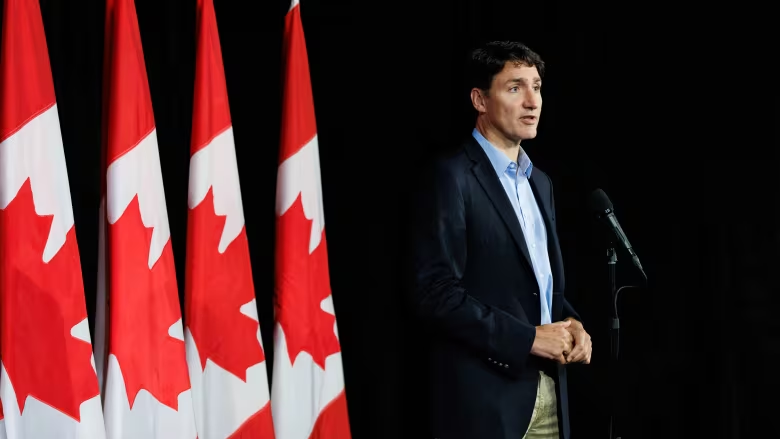Prime Minister Justin Trudeau announced a major policy shift on Monday, August 28, revealing that Canada will reduce the number of temporary foreign workers (TFWs) following a significant rise that experts say has contributed to higher unemployment rates among immigrants and young Canadians. Trudeau also hinted at further changes to Canada’s immigration system, including a possible reduction in the number of permanent residents accepted annually.
The federal government had previously loosened TFW restrictions during a post-COVID labor shortage, leading to a surge in low-wage foreign workers. Now, under the new measures, employers in high-unemployment areas—where the rate is 6% or higher—will face stricter limits on hiring low-wage TFWs. These workers will also be limited to one-year contracts, down from the current two years. Trudeau emphasized the need for businesses to focus on investing in training and technology rather than relying on low-cost foreign labor, stating, “It’s not fair to Canadians struggling to find a good job, and it’s not fair to those temporary foreign workers, some of whom are being mistreated and exploited.”
The changes are expected to reduce the number of low-wage TFWs by about 65,000, bringing the figures back to pre-pandemic levels. Employment Minister Randy Boissonnault acknowledged that the job market has more slack now than during the post-pandemic recovery, while Housing Minister Sean Fraser noted that reducing TFWs could alleviate pressure on Canada’s housing market.
However, the announcement has sparked debate. Conservative MP Melissa Lantsman criticized the government for backtracking on previous policies, while experts like Mike Moffatt from the Smart Prosperity Institute called the move a “great first step” but argued more needs to be done. Meanwhile, migrant rights groups have condemned the changes, arguing that the real issue lies in employer exploitation and systemic policy failures.
As Canada reviews its immigration levels this fall, Trudeau stressed the importance of “doing immigration right,” indicating that further adjustments could be on the horizon to ensure that Canada remains a place where immigrants can succeed.
Canada Cuts Foreign Workers: Big Immigration Changes Ahead?






